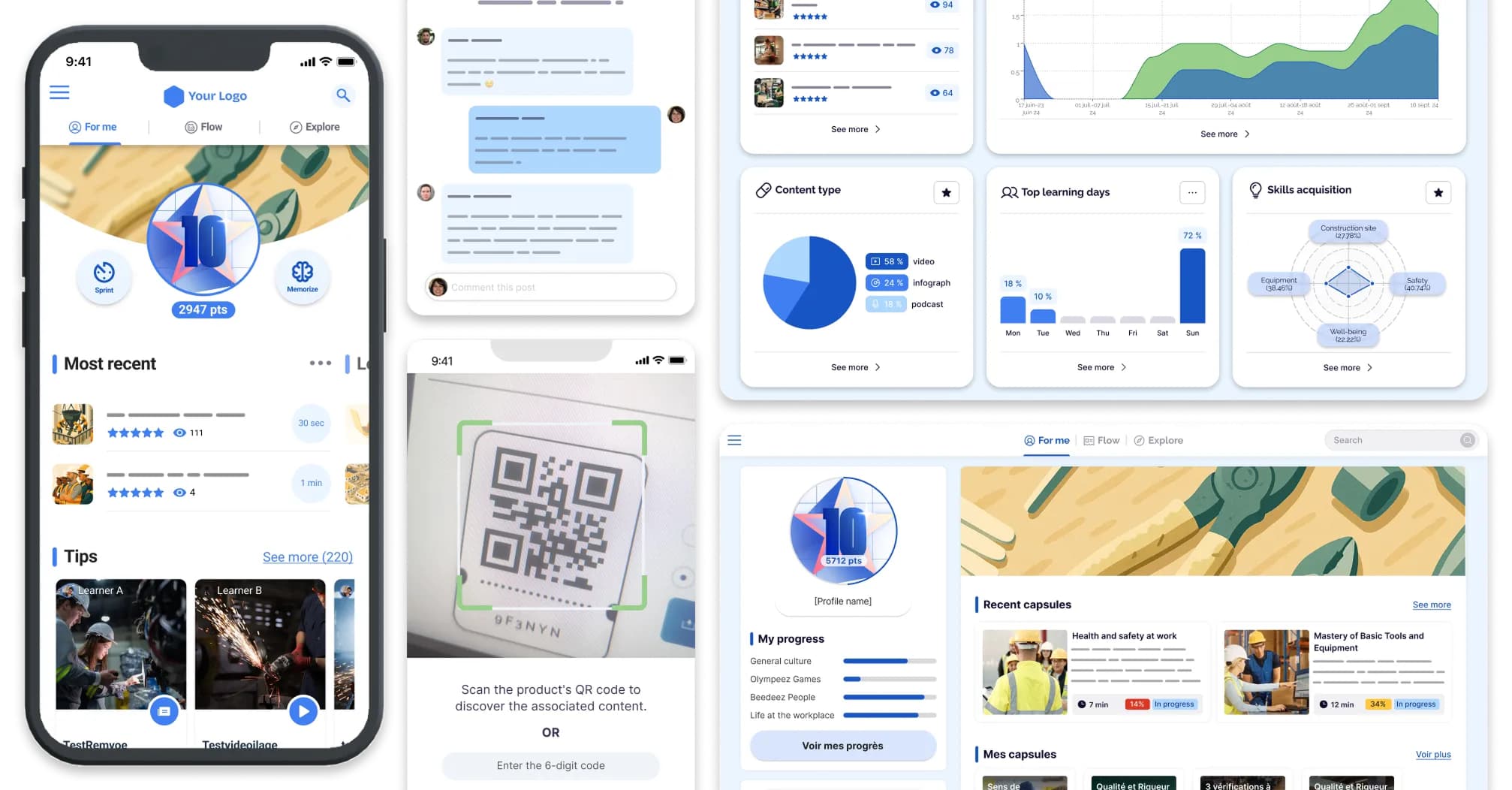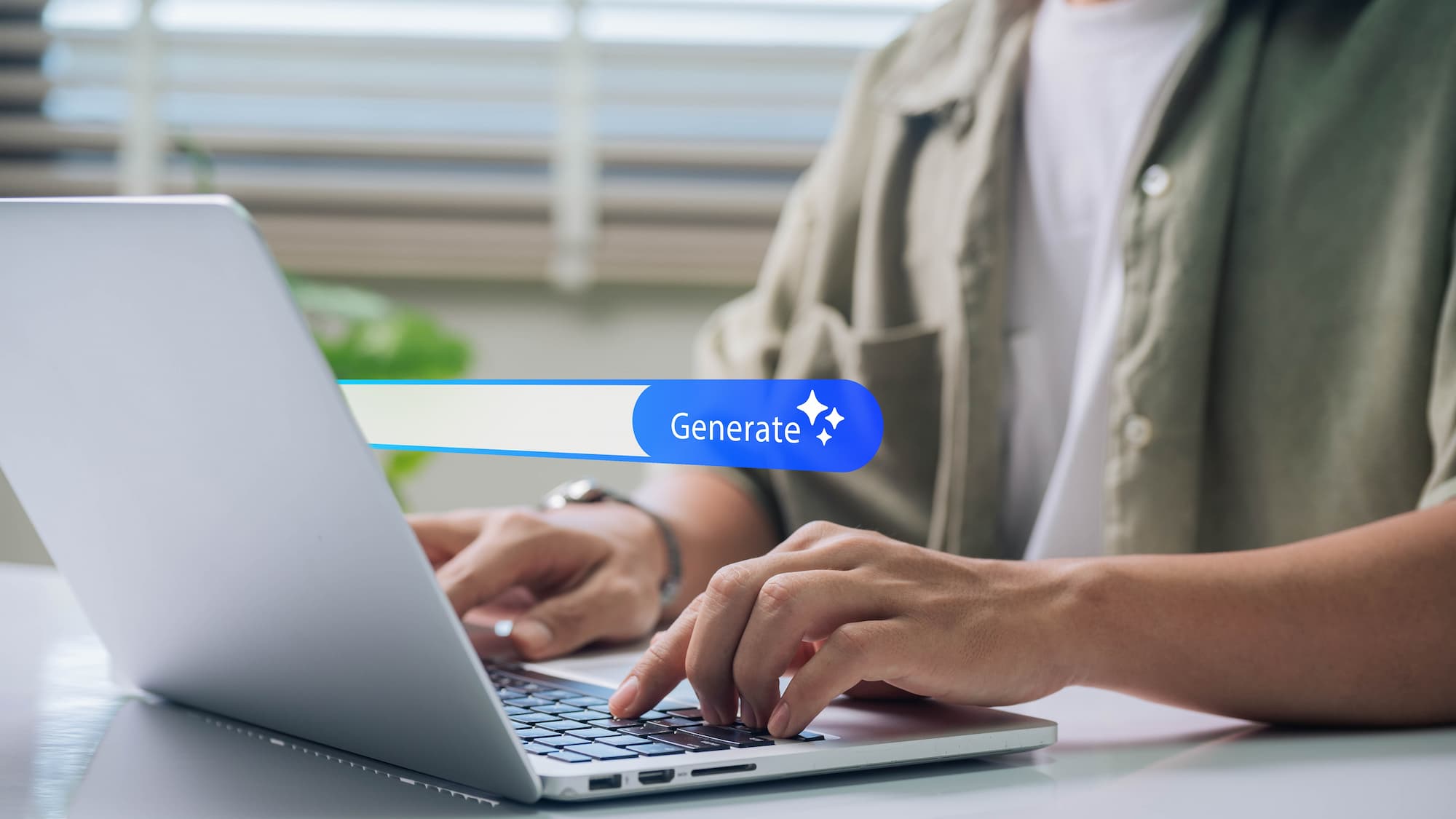The concept of elearning is attracting more and more attention and has a technological and international dimension. A growing number of people want to transmit their knowledge, and are therefore turning to new dissemination media. However, like any activity, this transmission of knowledge through new technologies is legally regulated. We explain to you how.
LThe qualification of e-learning at the legal level
The transmission of knowledge and learning are supervised by training and education in France. However, the latter fall under different legal regimes. It is therefore important to qualify the e-learning activity in order to precisely determine the applicable legal framework.
In principle, the legal framework under the Labour Code imposes certain obligations on the various organizations. However, applying them to the Internet is often more difficult. A training organization must generally go to a State representative in order to apply for approval within three years following the prior declaration. The institution must then draw up annual educational and financial reports on its activity as well as carry out accounts related to the training it offers. Finally, the organization is required to draw up a contract including the mandatory information mentioned in article L.920-1 of the Labor Code, but also the provisions relating to the training medium, such as the Internet.
Concerning distance education, the rules relating to it are defined in Ordinance No. 2000-549 of 15 June 2000 of the legislative part of the Education Code.
Online education through the use of the Internet is encompassed by the provisions of article L.444-1 of the Education Code:” Distance education does not include, in the places where it is received, the physical presence of the teacher responsible for providing it, or only involving such presence occasionally or for certain exercises. ”. So this article tells us that private distance learning organizations must declare their activity and provide education that meets certain conditions. In addition, the work to be done as well as its correction and the work instructions must be written and include information on the modalities of the educational assistance service.
Therefore, referring to the previous definitions, we can say that e-learning is different from online training and education. However, it is still necessary for the e-learning project to comply with regulatory provisions and for it to implement the legal and contractual obligations specific to the medium used.
Do e-learning courses have legal protection?
A course can only be protected by copyright if it includes the personal imprints of the various authors.
Being categorized as an intellectual work, a training course may be reproduced or represented following a transfer of rights. However, the contract must explicitly mention the extent of the operation, its duration, its location as well as its destination. The training can also be translated into several languages with the prior authorization of the author while respecting article L. 112-3 of the Intellectual Property Code specifying that:” Authors of translations, adaptations, transformations or arrangements of intellectual works enjoy the protection established by this Code without prejudice to the rights of the author of the original work ”. It is therefore necessary to specify in the license concluded between the authors of the training courses and the training organizations, the point concerning derivative works (translation and adaptation).
At the level of law and e-learning, we can thus say that all the elements of an e-learning module are protected, whether it's graphics, animations or music. E-learning law therefore protects all content except the teaching method.
What about the database producer?
Databases can constitute the content of the training. As far as they are concerned, they can only be protected by copyright if they have the imprint of the author and are original.
It is necessary to remember that a database is defined by article L112-3 of the Intellectual Property Code as:” collection of works, data, or other items that are independent, arranged in a systematic or methodical manner, and individually accessible by electronic means or by any other means ”. This definition applies to educational content provided on e-learning platforms.
A copyright protection regime is thus recommended by law for the structure of the database or for its contents if they are original. The structure can also be represented by one of the elements essential to the consultation or operation of databases. However, it is possible to benefit from a right to the content even if the structure of the databases is not original. To do this, all that is needed is financial, human or material investment in the collection, presentation or verification of the content. The creator of the database is entitled to consent or, on the contrary, prohibit the extraction of the database, whether in whole or in part. The creator in fact benefits from the right Sui Generis giving him database protection for 15 years starting on 1 January of the year following the investment.
However, it should be noted that the database user is entitled to reuse or extract a non-substantial part of the content, if the use he intends to make of it respects the normal exploitation of the base and does not in any way harm the interests of the creator of the database.
Finally, training based solely on simple “know-how”, which is by no means original, can benefit from protection under competition law. The use of elements not protected by copyright must in fact respect the rules relating to parasitic or unfair competition. Thus, acts of piracy can be sanctioned.




